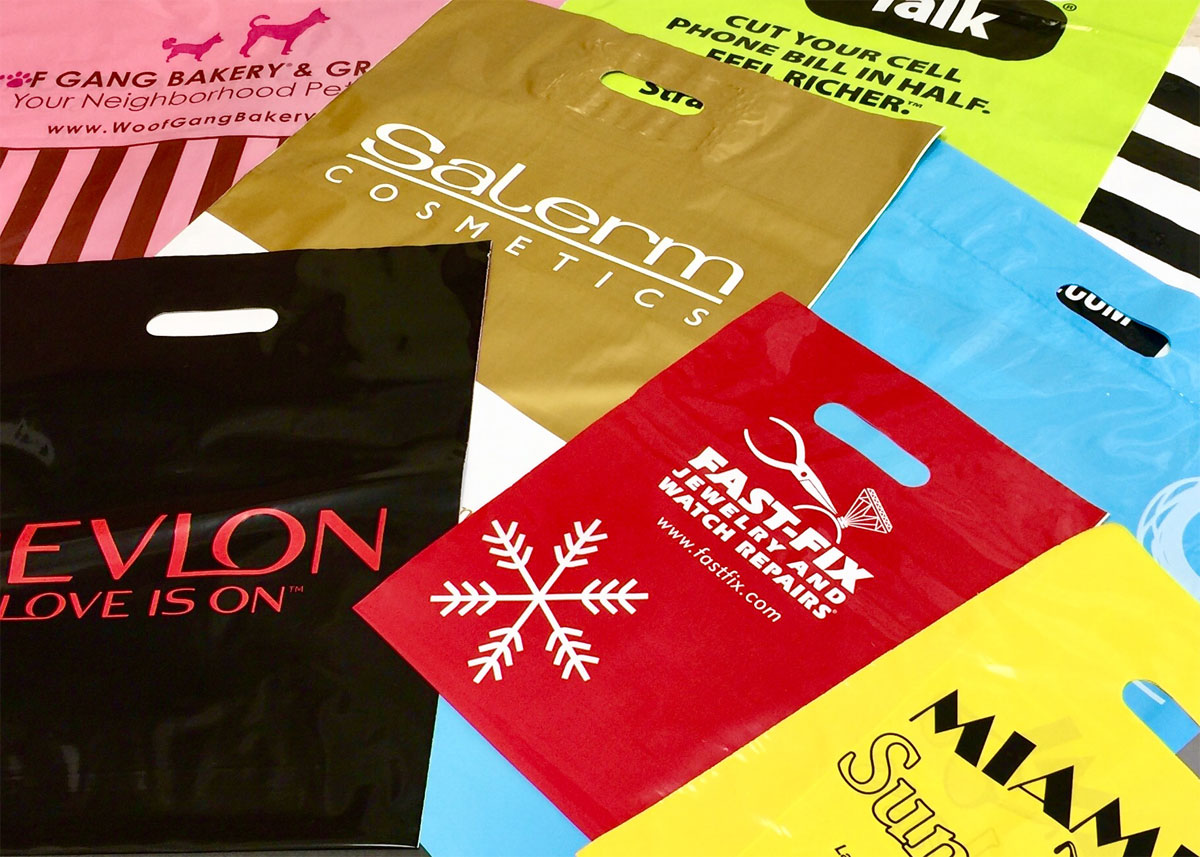From Convenience to Catastrophe: The Plastic Shopping Bag Dilemma
From Convenience to Catastrophe: The Plastic Shopping Bag Dilemma
Blog Article

Plastic shopping bags have become an emblem of modern convenience, effortlessly whisking goods from store shelves to our homes. Their lightweight nature and durability make them an appealing choice for consumers and retailers alike. From the quick run to the grocery store to larger shopping excursions, these bags offer a simple and efficient solution for transporting our purchases. However, beneath this veneer of convenience lies a growing concern that has sparked global debates and prompted calls for change.
https://www.armopak.com
As we enjoy the ease of grabbing a plastic bag at checkout, we are increasingly confronted with the sobering realities of their environmental impact. Millions of plastic bags are discarded each year, contributing to pollution that threatens wildlife and clogs our oceans. What initially seemed like a harmless accessory has transformed into a dilemma, as communities grapple with the choice between maintaining convenience and protecting our planet. The journey from a helpful shopping aid to a source of ecological catastrophe has sparked a critical examination of our plastic consumption habits.
Environmental Impact of Plastic Bags
Plastic shopping bags have become a ubiquitous part of modern life, often used for their convenience and low cost. However, their widespread use has significant environmental consequences that cannot be ignored. Made from polyethylene, plastic bags are not biodegradable and can persist in the environment for hundreds of years. This has contributed to an alarming increase in plastic pollution in oceans, rivers, and landscapes, posing a serious threat to wildlife and natural ecosystems.
The impact of plastic bags on marine life is particularly troubling. Sea turtles, fish, and seabirds often mistake plastic bags for food, leading to ingestion that can cause injury or death. Furthermore, as plastic breaks down into smaller microplastics, these particles infiltrate the food chain, affecting not only marine creatures but also humans who consume seafood. Ingesting microplastics raises concerns about potential health risks and the long-term effects on ecosystems.
Additionally, the production and disposal of plastic shopping bags contribute to greenhouse gas emissions. The manufacturing process requires significant energy and resources, which are often derived from fossil fuels. When plastic bags are discarded improperly, they can clog waterways and contribute to flooding, while their incineration releases harmful pollutants into the atmosphere. The cumulative effects of these issues highlight the urgent need to rethink our reliance on plastic bags and explore more sustainable alternatives.
Economic Factors and Alternatives
The widespread use of plastic shopping bags has led to significant economic considerations for retailers and consumers alike. For many stores, the low cost and convenience of plastic bags make them an attractive option. They are cheap to produce and require minimal storage space, which keeps expenses down for businesses. However, these short-term savings can come at a long-term cost to the environment and society, contributing to pollution and waste management issues that can ultimately affect local economies.
In response to the environmental impact of plastic bags, various alternatives are gaining traction. Reusable bags made from cloth or other sustainable materials offer a viable solution for environmentally conscious consumers. Many retailers have begun to incentivize the use of these alternatives by offering discounts or loyalty points for customers who bring their own bags. This shift not only promotes sustainability but also encourages consumers to adopt habits that reduce their reliance on plastic shopping bags.
Investing in alternatives presents both opportunities and challenges for the economy. While the initial costs of implementing reusable bag programs or switching to biodegradable options may be higher, the long-term benefits can outweigh these expenses. Businesses can benefit from enhanced brand loyalty and a positive public image by positioning themselves as environmentally responsible. As more consumers prioritize sustainability, there is potential for innovation in eco-friendly packaging solutions, which can drive economic growth in new sectors focused on sustainable practices.
Solutions and Future Perspectives
Addressing the plastic shopping bag dilemma requires a multifaceted approach that involves consumers, manufacturers, and policymakers. One effective solution is the promotion of reusable bags, encouraging consumers to adopt environmentally friendly alternatives. Public awareness campaigns can educate individuals about the environmental impacts of plastic bags and the benefits of switching to sustainable options. Incentivizing the use of reusable bags through discounts or reward programs at retail stores can significantly increase their adoption and reduce the reliance on single-use plastic bags.
Manufacturers also have a role to play in this transition. Innovating biodegradable or compostable materials offers a promising alternative to traditional plastic shopping bags. Companies can invest in research and development to create packaging solutions that maintain convenience without contributing to pollution. Collaborations between industry stakeholders and environmental organizations can lead to better product designs that prioritize sustainability while retaining consumer usability.
On a policy level, implementing regulations and bans on plastic shopping bags has proven effective in many regions. Jurisdictions that have enacted such measures have seen significant reductions in plastic waste. Expanding these policies globally, along with imposing fees on plastic bags, can further discourage their use. Continuous engagement with consumers, the industry, and regulatory bodies is essential to ensure a collective effort in moving towards a more sustainable future, ultimately transforming the plastic shopping bag dilemma into an opportunity for positive change.
Report this page